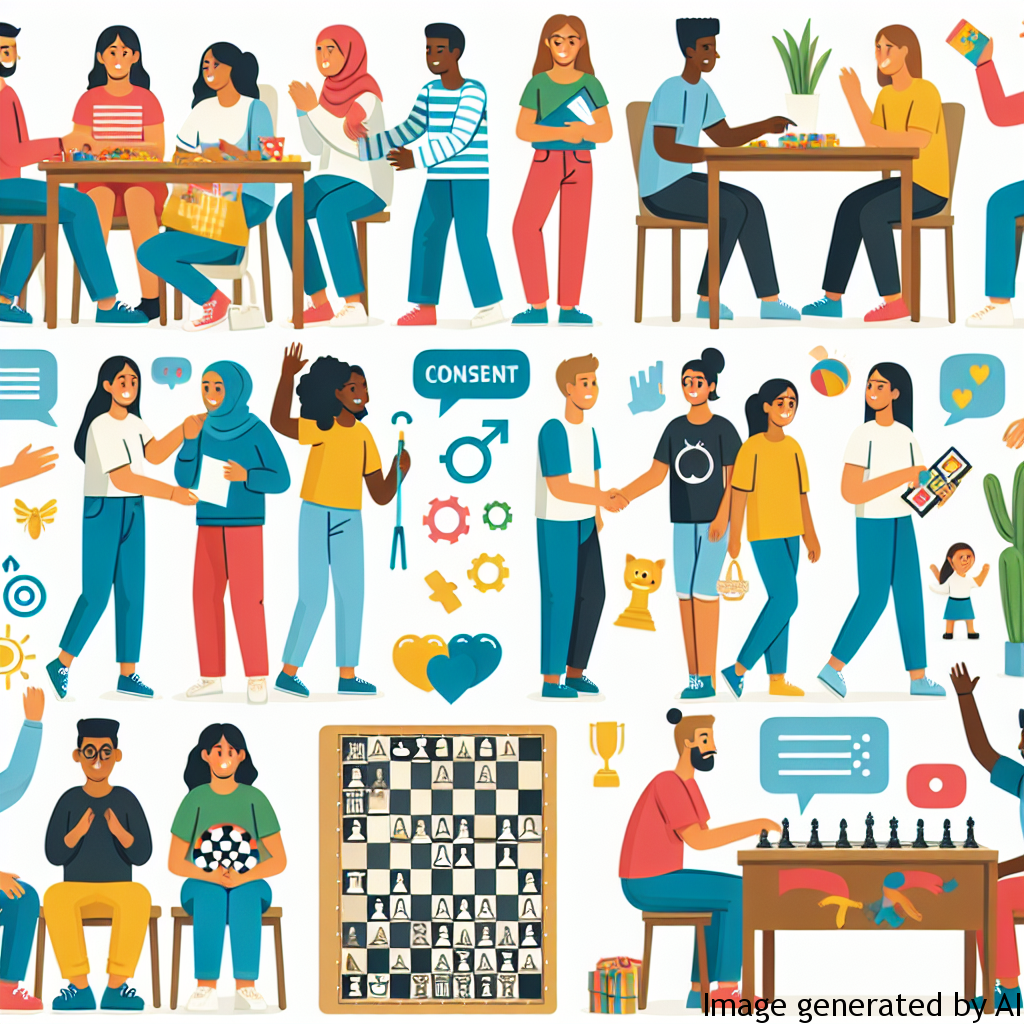Introduction
Games have always served as an integral part of our society, bringing people closer, promoting teamwork, and teaching various life skills. However, contemporary times have brought a paradigm shift in the dynamics and importance of games, particularly communication-based games that focus on consent. These games often challenge existing gender expectations and promote discussions on men’s mental health, a largely ignored public health issue. This article delves into the influence of gender expectations on men’s mental health and how certain games can help mitigate this phenomenon.
Description of Gender Expectations and their Impact on Men’s Mental Health
The Burden of Masculinity
Gender expectations, often deep-rooted in societal norms and traditions, can have profound effects on men’s mental health. The stereotypical portrayal of men as unemotional, strong, and independent can often lead to mental health issues. This portrayal creates a sense of masculinity that discourages men from seeking help or expressing their feelings, furthering the severity of mental health issues they might be facing.
Societal Pressures
Another detrimental aspect of gender expectations is the pressure experienced by some men to conform to these norms. Not being able to live up to these expectations can trigger feelings of inadequacy, stress, depression, and anxiety among men. It can also prevent them from engaging effectively in their personal and professional lives, consequently affecting their mental health negatively.
Examples of How Gender Roles Might Impact Men’s Lives
The heavy burden of masculinity, coupled with societal and familial pressures, can have several implications on different aspects of men’s lives. In relationships, the concept of ‘being a man’ can affect their ability to express emotions and feelings comfortably. Professionally, men are expected to be ambitious, assertive, and competitive, which can lead to burnout. Financial expectations also associate men with being the primary breadwinners, thus causing escalated stress levels.
Tips to Improve Mental Health Considering Gender Roles
The first step towards improving men’s mental health is to acknowledge men’s vulnerability to mental health issues and sever the link between masculinity and mental health. Encouraging open conversations about feelings, emotions, and mental health can diminish the stigma surrounding men’s mental health. Cultivating empathy and understanding can also aid in eradicating toxic masculinity ideals. And importantly, harnessing the power of communication-based games to promote safe and meaningful conversations about consent, feelings, and emotions can significantly transform the prevailing norms.
Conclusion
The influence of gender expectations on men’s mental health cannot be understated. However, by encouraging open conversations, we can address these stereotypes and promote healthier mental health practices. By using consent and communication-based games, we can bring about this change in an engaging and non-threatening manner. It is high time that society shifts its focus and values the mental health of men as equally important as it does their physical health.

